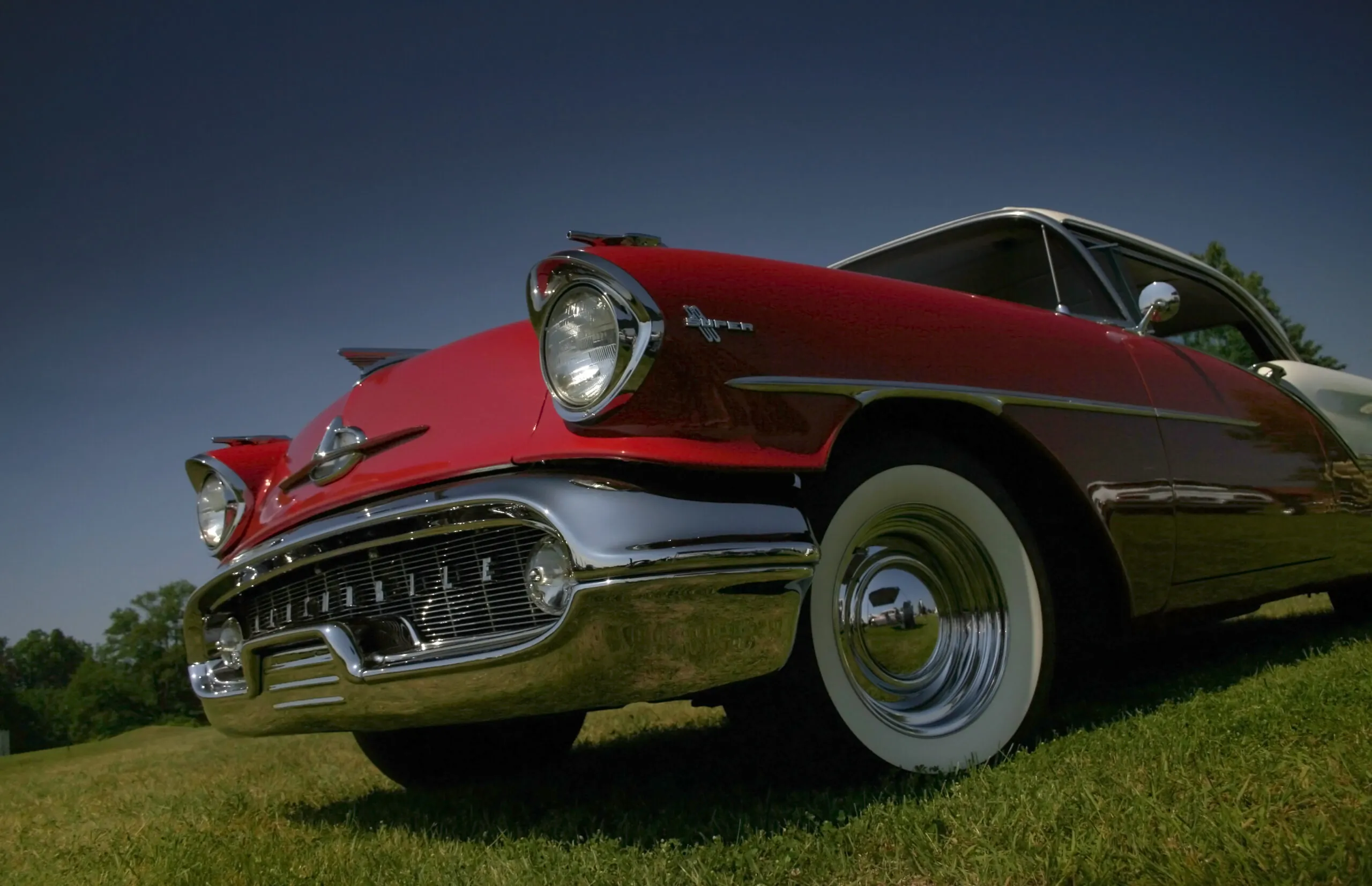 No one leaves home planning to get stopped for driving under the influence (DUI). It can happen though, and frequently does happen to otherwise law abiding citizens who had a momentary lapse in judgment and got behind the wheel after consuming alcohol. Knowing what to do if you find yourself the subject of a DUI traffic stop is something everyone should know. One facet of a DUI stop and/or arrest that often causes confusion is the chemical test that is usually requested after a motorist is officially placed under arrest. Should you submit to the test or refuse? Can the police force you to take the test? What happens if you do refuse? To help answer those questions, an Omaha DUI lawyer explains the Nebraska implied consent law.
No one leaves home planning to get stopped for driving under the influence (DUI). It can happen though, and frequently does happen to otherwise law abiding citizens who had a momentary lapse in judgment and got behind the wheel after consuming alcohol. Knowing what to do if you find yourself the subject of a DUI traffic stop is something everyone should know. One facet of a DUI stop and/or arrest that often causes confusion is the chemical test that is usually requested after a motorist is officially placed under arrest. Should you submit to the test or refuse? Can the police force you to take the test? What happens if you do refuse? To help answer those questions, an Omaha DUI lawyer explains the Nebraska implied consent law.
A Brief History of Implied Consent Laws
Not all that long ago, driving under the influence was not considered a serious offense in the United States. Judges routinely handed down a “slap on the wrist” in all but the most egregious cases and law enforcement officers even overlooked “minor” infractions. All of that changed thanks to a campaign by private advocacy groups and government agencies to raise public awareness to the dangers of drinking and driving. As awareness grew, states strengthened their drunk driving laws and increased their penalties for a violation of those laws. For some time, however, a veritable loophole remained – refusing the chemical test. Because states laws relied so heavily on the results of a chemical test to convict a defendant of DUI, many motorists simply refused the test. That, in turn, led to the passage of “implied consent” laws in most states across the country.
Nebraska’s Implied Consent Law
Nebraska Revised Statute 60-6, 197 governs the state’s implied consent law, stating as follows:
“Any person who operates or has in his or her actual physical control a motor vehicle in this state shall be deemed to have given his or her consent to submit to a chemical test or tests of his or her blood, breath, or urine for the purpose of determining the concentration of alcohol or the presence of drugs in such blood, breath, or urine.”
In a nutshell, the law means that if you drive a vehicle in Nebraska, you agree to submit to a chemical test. In most cases, that means a breath test. If the results of the breath test show a blood alcohol concentration (BAC) above 0.08 percent, those results can be used against you in court to prove you were driving under the influence.
What Happens If I Refuse the Test?
Despite the existence of the implied consent law, a motorist can still refuse to submit to the test. Absent a warrant, a law enforcement officer cannot force the test upon you. There are, however, some rather serious penalties for violating the implied consent law by refusing a chemical test. Nebraska Revised Statute 60-6,197.04 addresses the penalties for refusing a chemical test, indicating that if a motorist does refuse, he/she can be charged with a Class V misdemeanor. In addition, refusing a chemical test will result in an automatic license revocation (ALR), meaning the loss of your driving privileges. Of course, an arrest for DUI also results in the loss of your driving privileges; however, in most cases, a first-offense DUI defendant is eligible to obtain an ignition interlock permit, allowing him/her to regain the right to operate a motor vehicle. To be eligible for an ignition interlock permit following an ALR, however, you must forfeit your right to a hearing to contest the ALR. Finally, refusing a chemical test doesn’t always lead to the desired result as it once did. Contrary to what many people believe, the DUI statute does not require a specific BAC level for a conviction. Test results showing a BAC level over 0.08 creates a presumption of being under the influence; however, the “under the influence” element can be shown through other evidence. Moreover, the fact that a motorist refused the chemical test can be admitted by the prosecutor as evidence of guilt.
Contact an Omaha DUI Lawyer
If you were recently arrested and charged with driving under the influence (DUI) in Nebraska, contact an Omaha DUI lawyer at Petersen Law Office 24 hours a day at 402-513-2180 to discuss your case with an experienced DUI defense lawyer.


